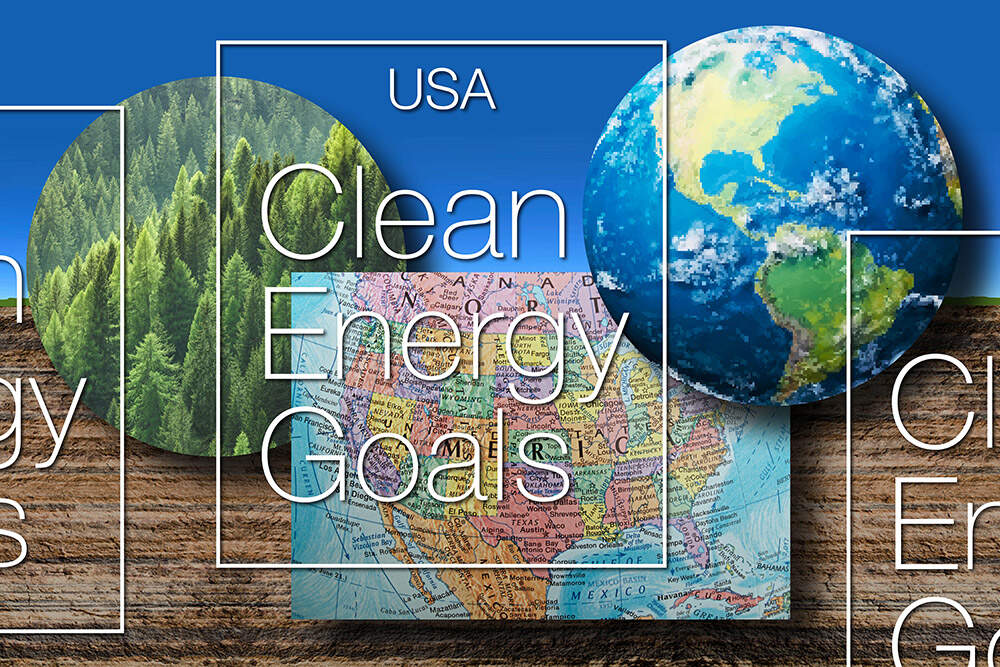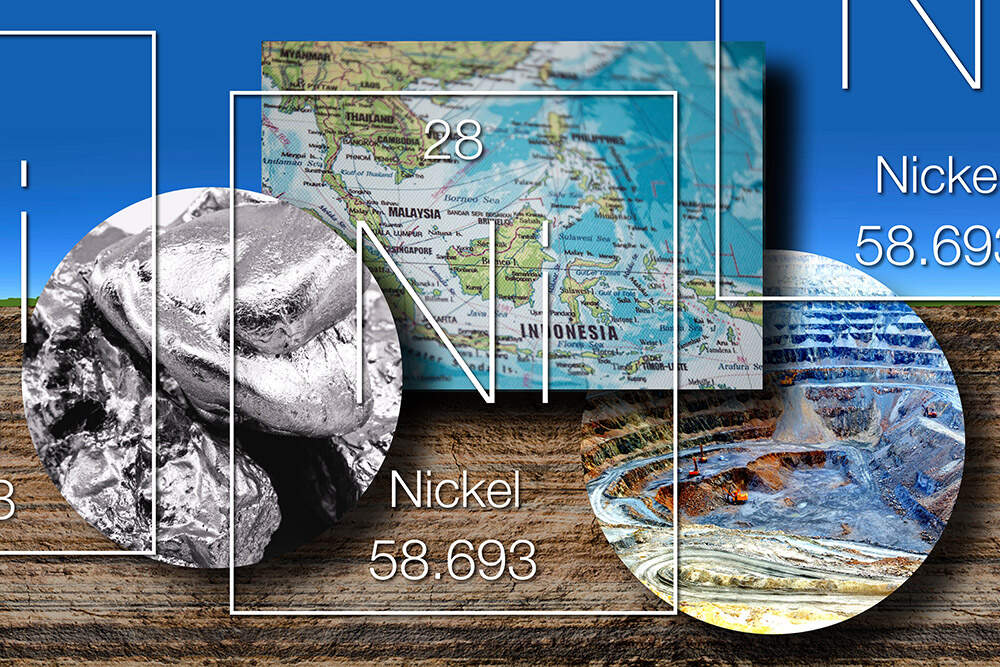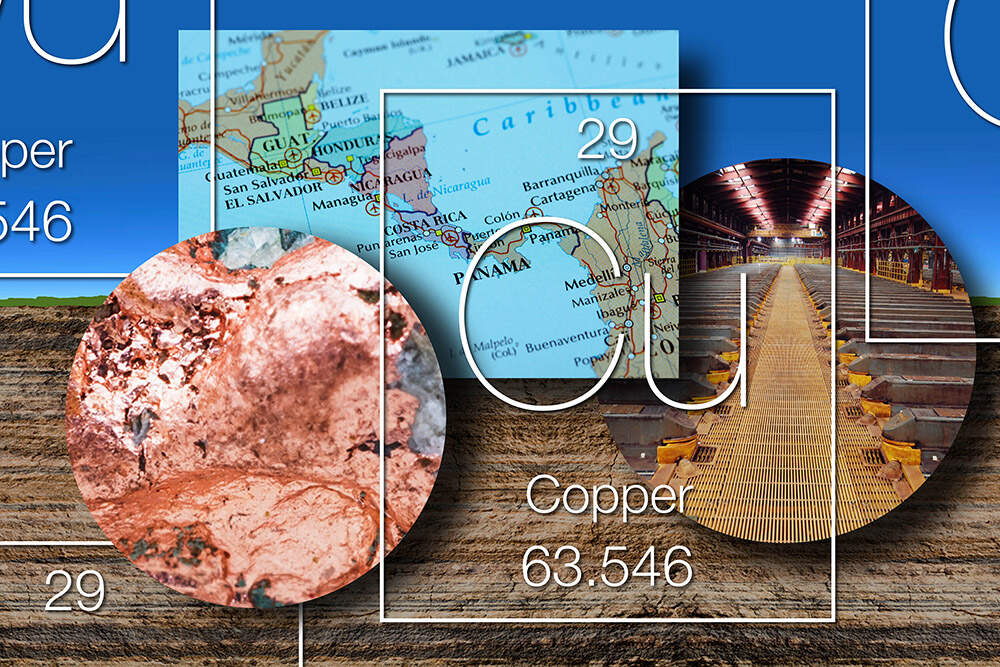Can we save the quietest places in the world?
Digest
This podcast delves into the significance of quiet spaces and the detrimental effects of noise pollution on both human and animal well-being. Magna Chakrabardi interviews Matt Nicholson, a field recordist and audio engineer with Quiet Parks International, to shed light on the organization's efforts to identify and safeguard these tranquil areas. The conversation explores the various impacts of noise pollution, including stress, sleep disturbances, and hearing loss in humans, as well as disruptions to wildlife communication and mating patterns. The podcast also features recordings from listeners about their favorite quiet places, showcasing the diverse and personal experiences of finding peace and tranquility in nature. The discussion then shifts to anechoic chambers, specifically the quietest room in the world at Orfield Laboratories, where Steve Orfield, the director, describes the unique experience of being in a space devoid of echoes. The podcast concludes with a call to action, emphasizing the importance of community involvement and addressing noise pollution at its source to preserve quiet spaces for future generations.
Outlines

The Importance of Quiet Spaces and Noise Pollution
This chapter introduces the topic of quiet spaces and their importance, discussing the impact of noise pollution on human and animal health. It highlights the work of Quiet Parks International in preserving these valuable resources.

Quiet Places and Their Impact on Health
This chapter delves deeper into the negative effects of noise pollution on various species, including seahorses, and explores the potential for quiet spaces to be used as therapy for people with PTSD and autism.

Listener Experiences and Favorite Quiet Places
This chapter shares recordings from listeners about their favorite quiet places, highlighting the diverse and personal experiences of finding peace and tranquility in nature.

The Quietest Room in the World
This chapter focuses on anechoic chambers, specifically the quietest room in the world at Orfield Laboratories, discussing the unique experience of being in a space devoid of echoes and the potential therapeutic benefits of spending time in such a quiet environment.

Preserving Quiet Places and Community Involvement
This chapter returns to the challenges of preserving quiet places in the world, particularly in the face of increasing air and marine traffic. It emphasizes the importance of community involvement and addressing noise pollution at its source.

The Impact of Noise on Wildlife and Quiet Places Around the World
This chapter highlights the impact of noise pollution on wildlife, specifically the grouse, whose mating calls are easily disrupted by human-made noise. It concludes with recordings from two quiet places: Organ Pipe Cactus National Monument and the American Prairie Reserve, emphasizing the importance of preserving these spaces for both human and animal well-being.
Keywords
Noise Pollution
Noise pollution is the excessive and unwanted sound that can have negative impacts on human and animal health. It can cause stress, sleep disturbances, hearing loss, and other health problems.
Wilderness Quiet Parks
Wilderness Quiet Parks are areas that have been designated as having a significant amount of natural quiet, free from human-made noise pollution. These parks are protected to preserve the soundscape and its ecological and human health benefits.
Anechoic Chamber
An anechoic chamber is a room designed to absorb sound waves, creating a near-silent environment. These chambers are used for research, testing, and therapeutic purposes.
Soundscape
A soundscape is the acoustic environment of a particular place, including both natural and human-made sounds. It is a valuable resource that can be impacted by noise pollution.
Rewilding
Rewilding is the process of restoring ecosystems to their natural state, often by reintroducing native species and allowing natural processes to take over. It can help to restore the soundscape and create more quiet spaces.
Q&A
What are the negative impacts of noise pollution on human health?
Noise pollution can lead to stress, sleep disturbances, cardiovascular problems, and other health issues. It can also contribute to anxiety, depression, and cognitive decline.
How does Quiet Parks International work to preserve quiet places?
Quiet Parks International identifies areas with significant natural quiet and works with local communities and land managers to protect these spaces from noise pollution. They also develop educational resources to raise awareness about the importance of quiet.
What is the unique experience of being in an anechoic chamber?
In an anechoic chamber, the absence of echoes makes it possible to hear sounds that are normally masked by ambient noise, such as the beating of your own heart and the movement of your body.
How can we mitigate noise pollution in marine environments?
Mitigating noise pollution in marine environments is challenging, but it can be done by rerouting boat traffic, reducing the use of sonar, and creating quieter marine sanctuaries.
What is the importance of preserving quiet places for wildlife?
Quiet places are essential for wildlife to communicate, mate, and avoid predators. Noise pollution can disrupt these natural processes and lead to population declines.
Show Notes
Our planet’s rich nature sounds are disappearing, drowned out by human-made noise. Sound recordist Matt Mikkelsen travels the world, listening to and working to preserve our vanishing soundscapes.
























